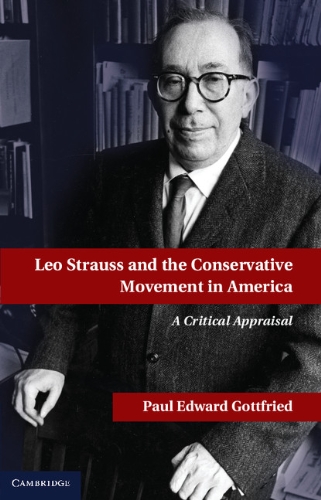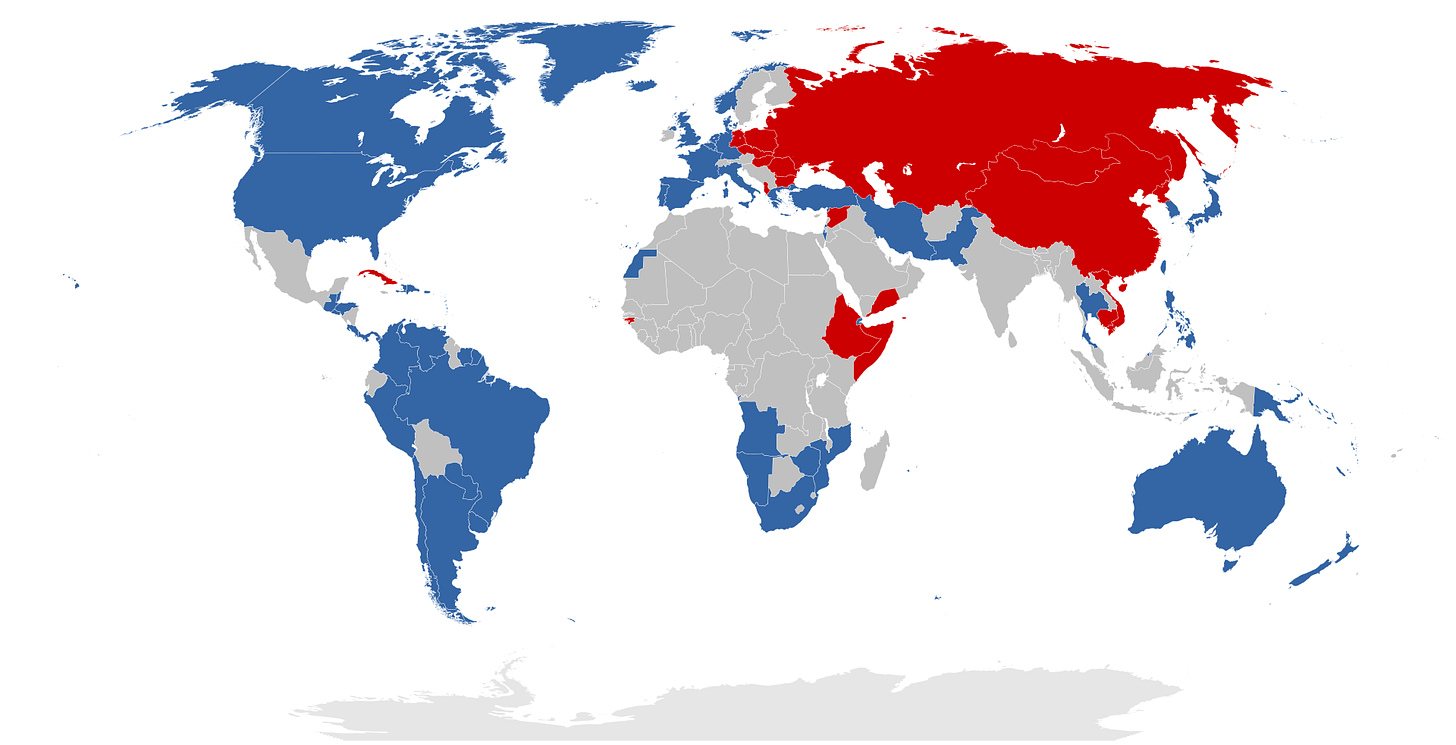The publication of Pat Buchanan’s latest book 西方之死 (New York: St. Martin’s Press, 2002) has allowed some long-standing ideological divisions to surface. While much of the Old Right, together with black conservatives Walter Williams and Thomas Sowell, heaped praise on Buchanan’s work, liberal and neoconservative journalists have attacked Buchanan for his fear about a future, predominantly non-white America, for his warnings about the “dying Euro-American populations,” and for his fierce invectives against the gay and feminist movements. The broadsides against him made by liberals and neoconservatives overlap to such an extent that Buchanan noted to me that the “纽约时报” happily picked as reviewer for his book Weekly Standard-staffer Christopher Caldwell. The assigners could not have been disappointed: Neoconservative Caldwell scolds Buchanan for “ignoring real segregationists,” by “focusing to the point of obsession” on the moral rights of Southern whites to display the Confederate flag and to honor Robert E.Lee. The reviewer further accuses Buchanan of “flinging around ‘third world’ as a synonym for ‘non-white'” and of greatly exaggerating political correctness as a political problem: indeed Caldwell treats such repression as something akin to “Victorian prudery,” which once had a chilling effect on discussion but which now causes us to “snicker.”
Such commentators turn a blind eye as to what has caused Buchanan’s book to continue to rise on the best-selling list, having now reached almost 200,000 sales. Not only has the volume done well, in spite of nasty comments placed in leading newspapers and without any puff pieces from the Left or from the neoconservative establishment. It has also helped turn its author once again into a highly visible presence on TV talk shows, with a more plausible claim to being there than the one provided by his recent fumbling race for the presidency.
Adding to Buchanan’s credibility as a political commentator are two aspects of his work: his exhaustive research, particularly in the first two chapters, about declining Euro-American birthrates; and the stated, documentable reasons he gives for this pattern. Buchanan attempts to link the demographic drain to a moral and cultural crisis that he assumes lots of people are beginning to feel in their bones. His talk about a Third World invasion since the Immigration Act of 1965 builds on an impressive body of scholarship, including the works of Peter Brimelow, George Borjas, and Roy Beck, which suggest that the economic benefits of mass Third World, mostly Latino, migration have been slight or non-existent, while the social costs, particularly increased welfare and crime, have more than offset those material benefits.
Moreover, the social experiment of transferring culturally different and materially impoverished groups into the U.S. and Western Europe is no longer a discussable issue for the media or for the two major parties, while in much of Western Europe even raising the question of whether Western peoples should be able to decide through open discussion what kind of culture they wish to live in can result in having the instigator go to jail for a “crime of opinion.” What Buchanan emphasizes, especially in his chapter “The Intimidated Majority,” is that politically enforced sensitivity is about the eradication of self-government and about the end of intellectual freedom. Quoting a phrase from my tome 自由主义之后 about the “dehumanization of [insensitive] dissent,” Buchanan observes that the suppression of discussion about immigration points to a culture of intimidation, now being packaged as “multiculturalism.” And the inroads of that culture, which has captured the state, the media, the universities and many churches, can only be explained by looking at various interlocking causes, from Western self-hate and Western self-indulgence and the loss of traditional religious faith to the influence of well-placed intellectuals, like members of the German refugee Frankfurt School, who created a theory for “pathologizing” middle-class decency.
Contrary to what his critics suggest, Buchanan does not go after his targets from a far-out rightist position. The impression he creates is that American life and politics were highly satisfactory in the fifties, except for the Soviet threat and for the lingering problem of anti-black discrimination. This latter problem would be addressed in the late fifties and early sixties, when “African-Americans who could still be described as socially conservative, patriotic, proudly Christian,” asked to become “full and equal members of our national family, to which they and their families had contributed all their lives.” “America said yes. Black and white together.” Buchanan seems equally positive about the Civil Rights Act of 1964, though he believes it was later distorted to mandate quotas and that it should be amended to allow employers to discriminate financially in favor of parents living on a single wage. Unlike his earlier books, he never mentions Joe McCarthy as an iconic figure but does extol Eisenhower and treats Martin Luther King respectfully.
Arguably Buchanan avoids asking certain serious questions about long-range political trends, in order to make mid-century America look idyllic, and the civil rights movement less cataclysmic than it turned out to be. Although he might have written a different book, he is clearly trying not to look extreme, except on the irrepressible cultural war that he thinks has engulfed the Western world. Immigration enters his discussion as, among other things, a tactic of cultural war. It is a policy for displacing Western core populations by groups that are culturally different and, in some cases, openly antagonistic, a displacement widely defended by the self-identified despisers of traditional Western civilization. Enforcing this defense, Buchanan argues with ample evidence, are the neoconservatives, who have grabbed the American Right-Center and combine their advocacy of large-scale Third World immigration with attacks on anti-immigrationists and warnings to the Right not to pay too much attention to cultural struggles.
But despite the mutual animosity between him and this last group, Buchanan has obviously followed them in one critical respect. He has avoided attacking the entitlement state and calls on big government to help us win the demographic and cultural battles he describes. Although Pat mocks the 每周标准 for identifying American patriotism with affection for the federal government, he himself lands up taking what might be called a non-hostile position on this object of idolatry. He is thereby exhibiting a survival instinct and forestalling a public perception of him as a nutty extremist who opposes our political way of life. Those who are big-government conservatives have necessarily captured the Right and public attention because Americans and other Westerners want the state to look after them and their by now dwindling families. To his credit, Buchanan does not slobber over our degenerate constitutional regime or pretend that ours is a more humane version of what our founding fathers intended. A vast managerial state has become an accepted fact of life, and Buchanan indicates how we can use it to make childbearing financially appealing for yuppie women and to inculcate patriotism in our schools. Having been dealt a lousy hand for a true man of the Right, he has learnt to play it with considerable skill.
这篇文章的较短版本出现在 眼光 杂志。

 RSS
RSS









这本书在美国文艺复兴和 VDARE 上有值得一读的评论
https://www.amren.com/news/2009/03/the_great_refus/
https://vdare.com/articles/brimelow-on-that-buchanan-book